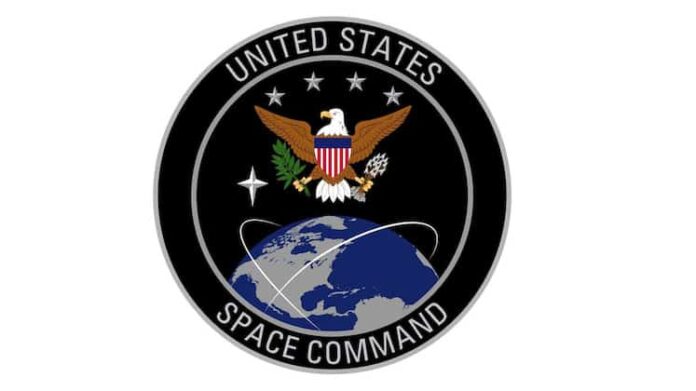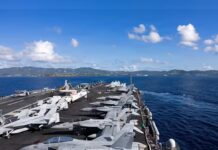WASHINGTON: Highlighting on China’s progress towards establishing an international lunar research station, US Space Command Commander, General Stephen Whiting, on Wednesday emphasised that the Chinese are not very transparent with what they do in space, further hoping that there’s not a military component to that.
Addressing a Digital Press Briefing on Wednesday, Commander Whiting said that the US would welcome more transparency from China.
Responding to a question of US’s assessment of China’s progress towards establishing an international lunar research station and whether they see any military applications for that project, Whiting also said that China’s ambitions also appear to be exploratory.
“Obviously, we’ve seen the announcements of China’s ambitions to go to the Moon. And those appear to be exploratory and scientific on the surface, but the Chinese aren’t very transparent with what they do in space, and so we hope there’s not a military component to that, but we would certainly welcome more transparency, he said.
Further responding to another question on speculations about the Russians using nuclear weapons in space, perhaps as an anti-satellite weapon, Whiting said that Russia’s a signatory to the Outer Space Treaty just like the United States and most of the international community, and that treaty was signed in 1967 and it prohibits the placement of nuclear weapons or weapons – other weapons of mass destruction on orbit.
“We would certainly call on all nations to abide by the terms of those treaties. And we welcome the partnership the US has made with Japan in submitting a United Nations Security Council resolution that essentially asks member states to endorse the Outer Space Treaty prohibitions against nuclear weapons and weapons of mass destruction on orbit, and we look forward to that being passed in the Security Council,” he added.
Further, the Commander of US Space Command, emphasised on the pacing challenge of China with his Japanese and Korean counterparts.
He highlighted that he visited the Japanese Self-Defense Forces Space Operations Group that they’ve established, and have grown that partnership.
“However, their focus on space domain awareness along with the us to keep track of those threats in space that we see – and many of those are emanating from China – has put an impetus on us developing improved space domain awareness capability,” he said.
Whiting further expressed his excitement for the Japanese to bring on board their deep-space radar capability that they’ve been working for many years and that the US has been partnering with them.
“When that achieves initial operational capability, we expect that will provide both of our countries an enhanced understanding of what China is doing in space,” he said.
The Chinese spaceflight to the Tiangong space station, Shenzhou-18 crewed spaceship, is set to be launched today at 8:59 p.m. Thursday (Beijing Time) from the Jiuquan Satellite Launch Center in northwest China, announced the China Manned Space Agency (CMSA) on Wednesday, Xinhua reported.
Shenzhou-18 is the 32nd flight mission of China’s manned space program, and the third manned mission during the application and development stage of China’s space station.
The crew will stay in orbit for about six months, and are scheduled to return to the Dongfeng landing site in north China’s Inner Mongolia Autonomous Region in late October this year, reported Xinhua. (ANI)
Also Read: ‘Always been favouring Indian success’: Russia lauds India’s strides in space exploration







